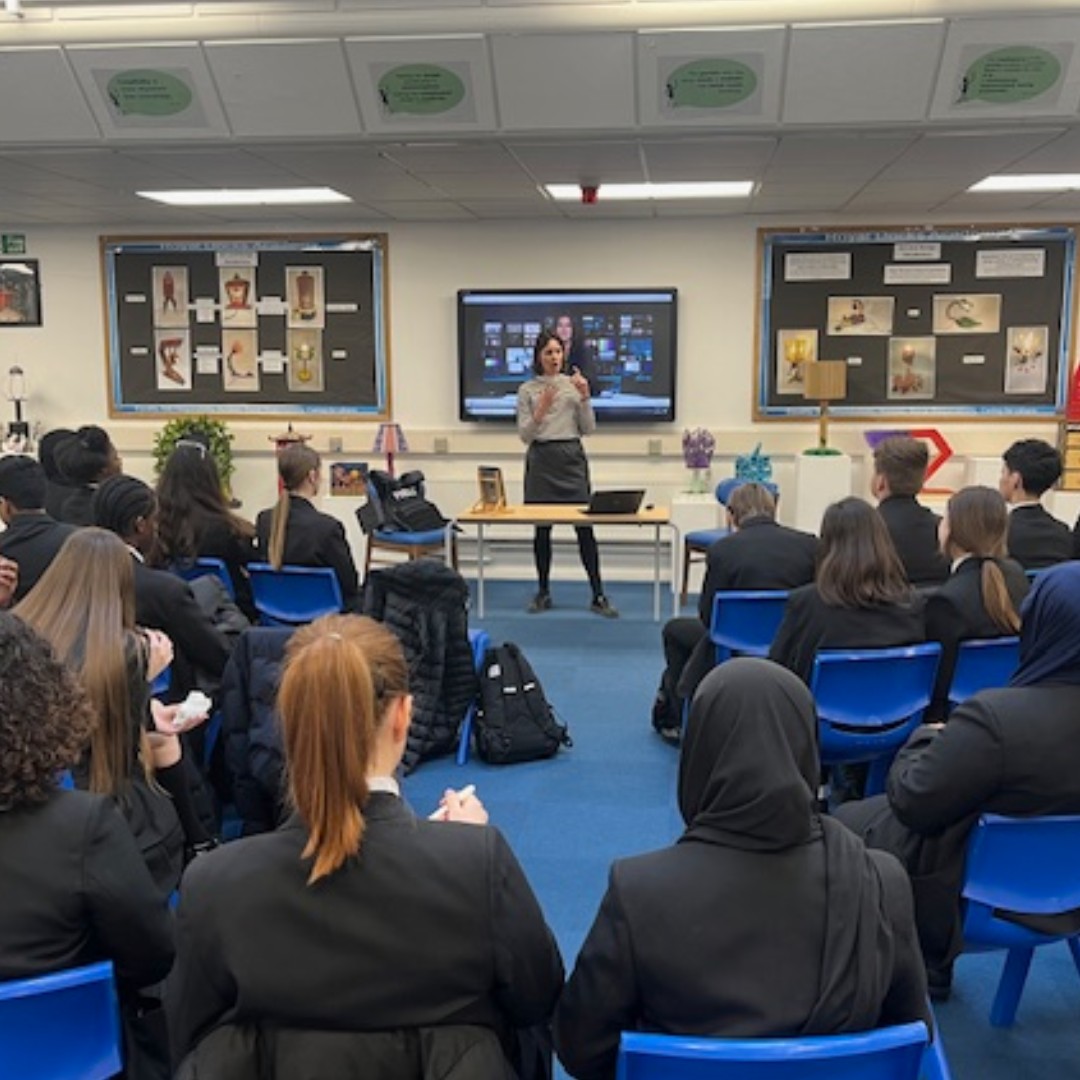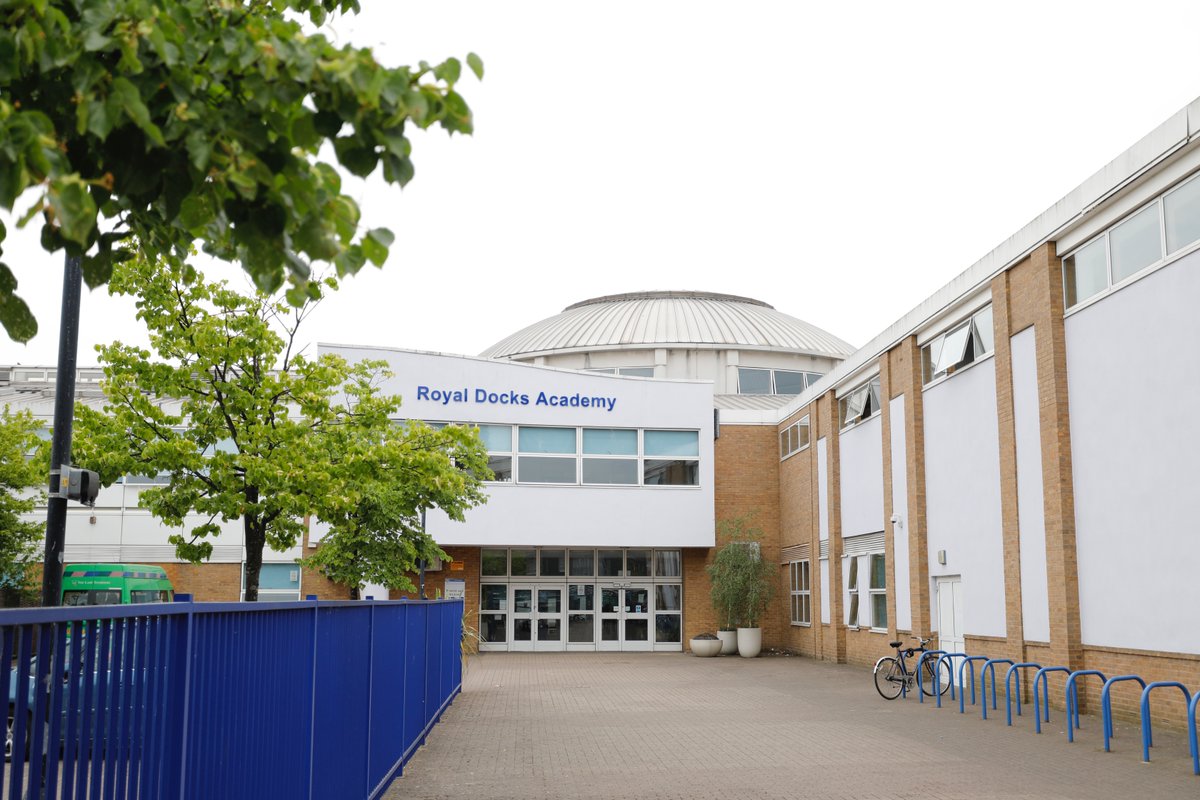English
English language and English literature
English offers pupils the unique opportunity to discover the power of the written and spoken word. When they read a wide range of texts they cross the threshold into real and imagined worlds that will ignite their imagination and develop their creativity thus expanding their horizons far beyond the confines of a classroom.
By studying a variety of literary forms – from articles, speeches, poetry and short stories, to novels and plays – pupils will be encouraged to think about how writers have had a significant role in shaping the way we see the world around us by revealing how a text is both a product of and a response to the time in which it was written.
Great works of literature, art and music have been chosen to complement pupils’ awareness and understanding of how ideas have changed and developed over time by exploring how writers create and shape memorable stories and characters.
Pupils will be inspired to question and think independently so that they can carefully consider views about the world which are different to their own and express their ideas with compassion, originality and flair.
In today’s global world, English is a universal language that is fundamentally important for all subjects up to degree level, in the world of work and for life so pupils will be encouraged to develop into confident and articulate individuals so that they can successfully navigate the world around them.
English has many transferable skills and is a prerequisite for many professions: advertising and marketing, business, government, journalism, law, music, performing arts, public relations or teaching.





















